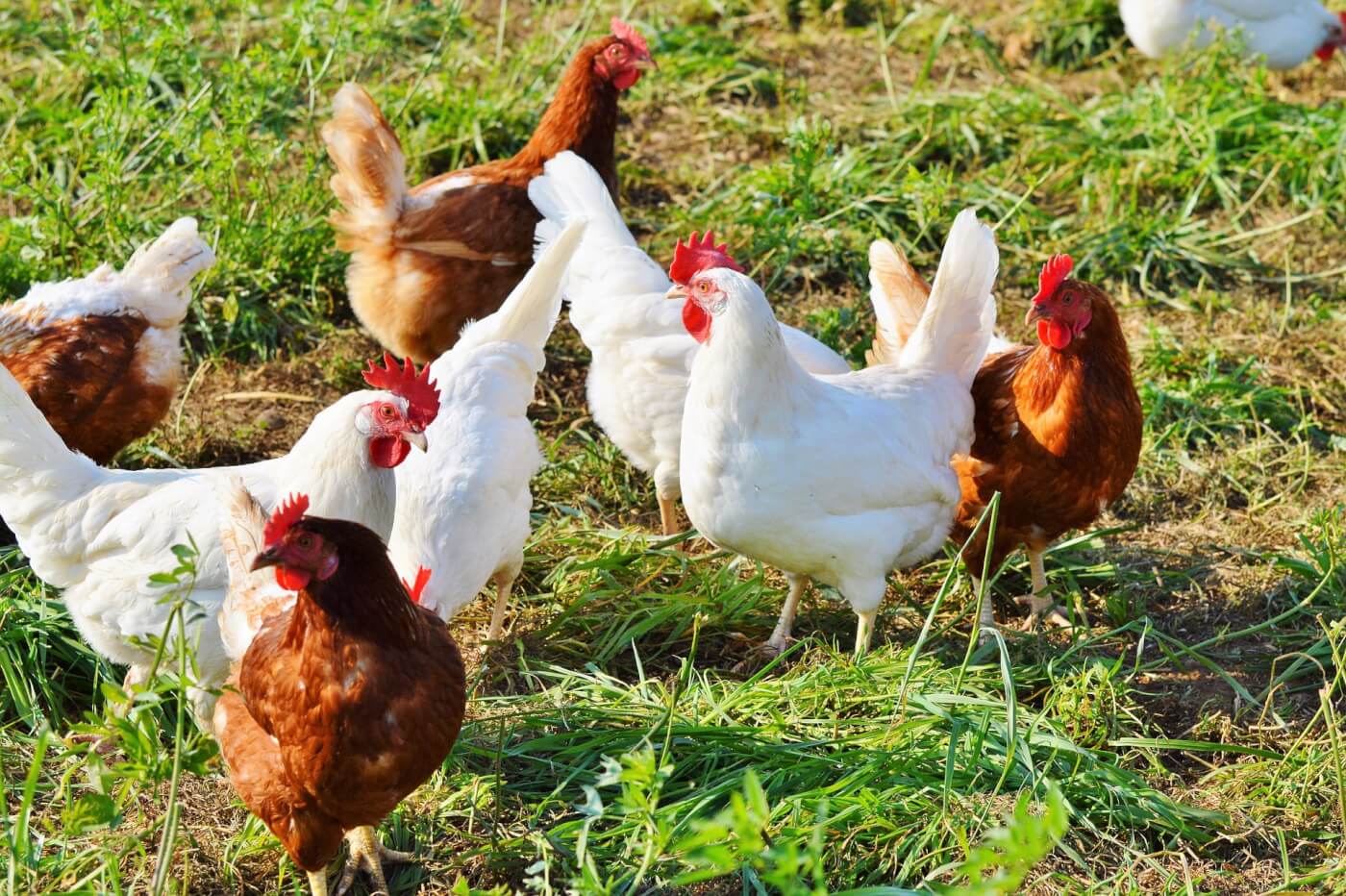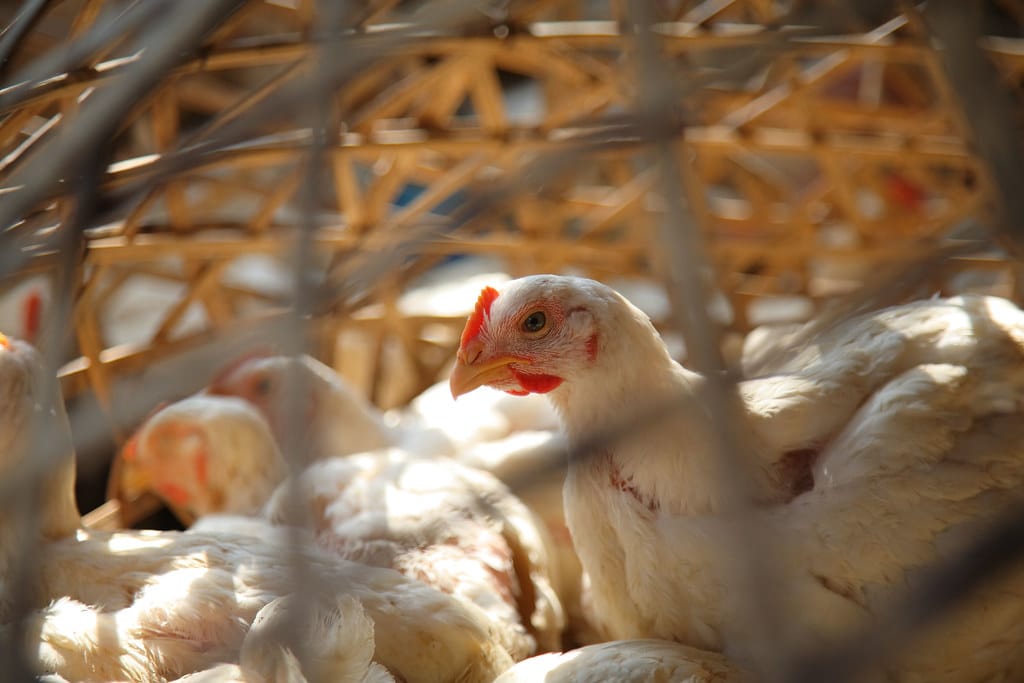Activists of Hindu Right-wing outfits are going around the state asking people not to have halal meat.

New Delhi: In India at least, the word halal is associated only with meat and a particular method of slaughtering. However, in Quran, halal is just opposite to haram. While haram translates to forbidden, the Arabic word halal in English means permissible and it is not only restricted to meat but extends to any kind of food which is prohibited in the Quran.
Days after a controversy over wearing of hijabs rocked Karnataka, with girl students of pre-university colleges approaching the High Court and the latter subsequently rejecting their pleas, a new trend has now emerged in the state. Activists of Hindu Right-wing outfits are going around the state asking people not to have halal meat. Reports of Bajrang Dal workers beating up a meat seller and an hotelier have also surfaced amid a new trend that is once again disturbing the social fabric of society.
So, what is halal meat and why is it facing opposition? Here’s a quick look.
According to the non-profit organisation Halal Food Authority (HFA), “The antonym of halal is haram, which means unlawful or forbidden. Haram means any object made or action which has no permission in Islamic Law, and which is proscribed, prohibited and forbidden. All the harmful substances (defined medically) for human health are haram.
“The concept of halal and haram is defined in the Holy Quran (a revelation from Almighty God Allah) and is further supported by the teachings of the Final Prophet Muhammad (SAW) in Hadith.”
What does halal meat mean?
According to Islamic practices, only a healthy animal should be slaughtered and all Muslims must recite a prayer, which is basically to thank Allah for the food that he has provided, before slaughtering an animal.
After a prayer, utterance of Bismillah, is read, an adult Muslim should ensure the head of an animal is aligned with the qiblah or the direction of the Kabba. A slaughter carried out by following the due process but by a non-Muslim is not halal, according to the rules.
According to the HFA, an animal should not be dead before slaughter, only a sharp knife should be used to sever the major veins arteries and windpipe without decapitation and in one swift and single cut. The organisation’s websites also adds that any flowing blood of the carcass should be completely drained.

Is the practice of stunning allowed before slaughtering?
While the Quran disallows any kind of stunning method that may kill the animal, in order to calm down the animal a low voltage shock can be rendered to the animal to make it insensitive to pain or calm it down.
The HFA adds, “Stunning through a non-penetrating device to the head, in a way that does it not kill the animal before its slaughter, is permitted, provided that the following conditions are adhered to: Animals shall remain alive during and after stunning and on slaughtering, which is marked with the post-slaughtering movement.”
Is it only meat?
No. Halal food extends to any consumables — beverages, confectionary, dairy and other perishable processed foods. According to HFA, “To comply with halal requirements, processed food and drinks must be free from any non-halal materials such as pork, ethanol and non-halal meat & their derivatives. They must be processed in a halal compliant environment with no risk of cross contamination from non-halal.”
The above sentence means, in terms of slaughterhouses, the entire premises should be compliant with the Islamic dietary laws and not just a part of it. In case any one portion of the unit is non-compliant, the meat is considered to be non-halal, according to the halal compliancy outfits.
Halal rules are applicable even to medicines and cosmetics. While nothing should be used in making medicines and cosmetics that are prohibited, in terms of life-saving drugs, some exceptions are allowed.
Why is halal meat facing opposition?
While there is still no definite answer as to why halal meat is suddenly facing protests, according to experts, it could be yet another instance of an attack to destabilise the communal harmony in the state.
It is important to note that the Karnataka Police had arrested five Bajrang Dal workers for allegedly assaulting a meat seller and a hotelier for selling halal meat. However, all the five later received station bail.
Instances of Hindu Right-wing outfits’ members distributing pamphlets to urge people to stop having halal meat have also surfaced even as Chief Minister Basavaraj Bommai said he will study the demands and then take action.
